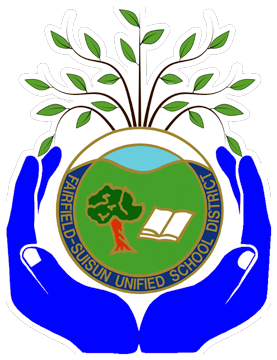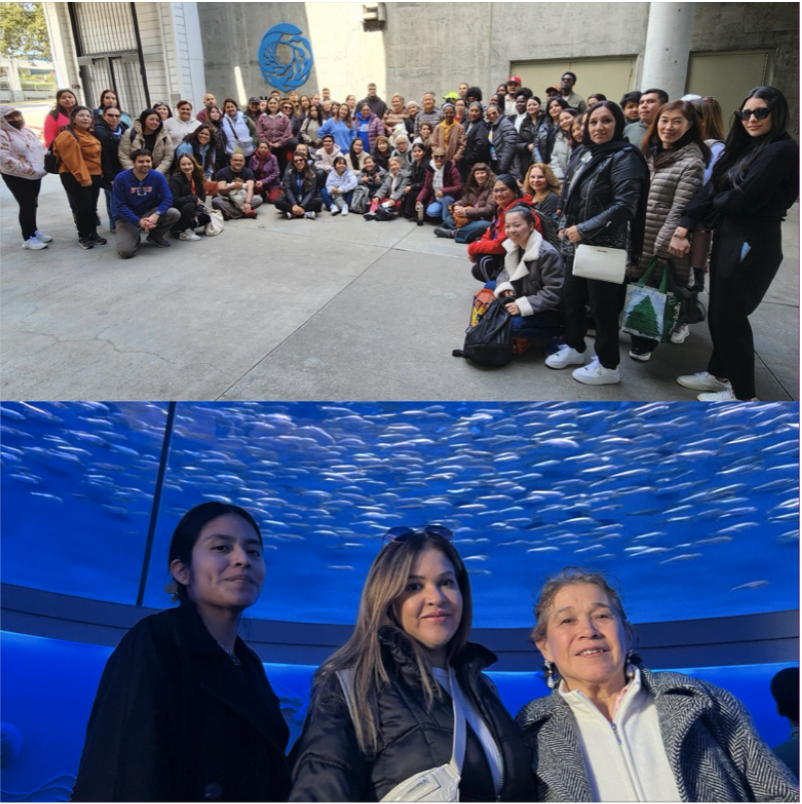Monterey, CA – Fairfield-Suisun Adult School students recently visited the Monterey Bay Aquarium to put some of their learning into practice.
The FSAS Cultural Inclusion Club organized the field trip, which gave students from the English Language Arts, Career Technical Education, and high school completion programs the opportunity to learn and spend time together.
"Monterey Bay Aquarium was amazing, I loved it!,” said CIC Vice President Sabira Sultana. “I enjoyed experiencing it with my friends."
In addition to giving adult students the opportunity to build career-ready skills, the Fairfield-Suisun Adult School offers students opportunities for cultural enrichment and community engagement.
During the field trip, English language learners practiced their vocabulary and conversational skills, and Career Technical Education students learned about career paths like tourism, hospitality and education. All students got to enjoy the aquarium’s exhibits on conservation, history, and marine life.
"I was so excited to see so many students join us. For most of us, it was our first time at an aquarium,” said CIC Treasurer Josefina Favela. “They were so happy to have visited the Monterey Bay Aquarium, and so was I."
The Monterey Bay Aquarium features more than 200 exhibits and 80,000 plants and animals, with a mission to inspire conservation of the ocean.
"Taking our ELA students to the Monterey Bay Aquarium for the first time was an incredible opportunity to bring language learning to life,” ELA Department Chair Kenia Macias-Almarez said. “Seeing their excitement as they explored marine life, read exhibit signs, and practiced conversations in real-world settings is truly rewarding. Experiences like this not only enhance their English skills but also build confidence and deeper connection to our community."
The Fairfield-Suisun Adult School offers a variety of courses to help adult learners reach their career goals. In addition to day and evening classes, FSAS provides career counseling, support for students seeking post-secondary education, and guidance and referrals around needs such as transportation, childcare, food, shelter, or scheduling conflicts.
# # #

